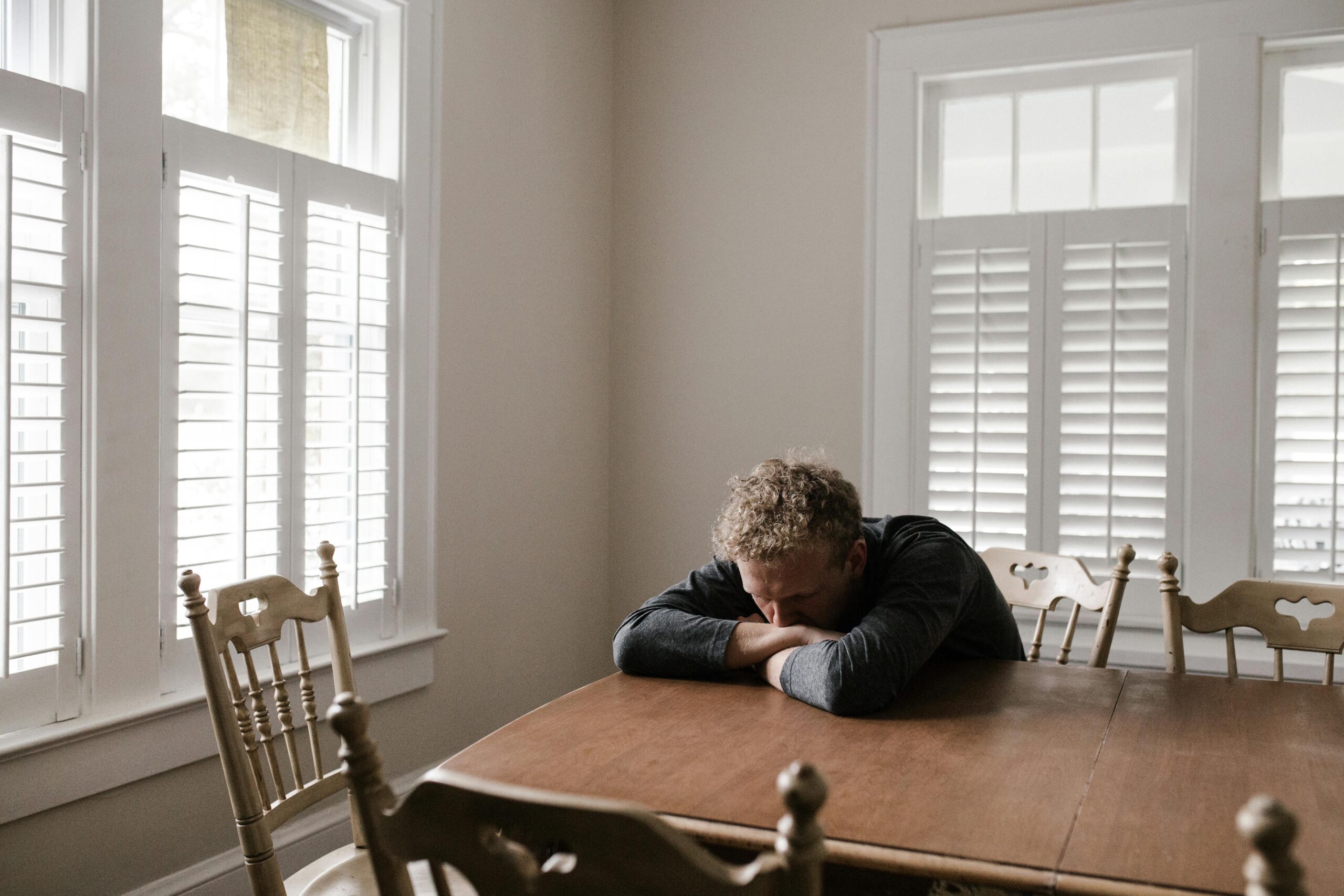
If you’re living with depression that just won’t lift no matter how many medications you’ve tried, you’re not alone. For many people, the journey to feeling better is filled with trial and error, and it can start to feel like nothing will work.
That’s where Spravato® (esketamine) comes in. It’s a newer treatment option that offers hope to adults with treatment-resistant depression, especially when other antidepressants haven’t helped.
One question we often hear is, “How long does Spravato last?” It’s a great question—and an important one. Knowing what to expect can help you feel more prepared, more in control, and more confident about your next steps in treatment.
In this post, we’ll walk you through how long Spravato’s effects may last, what treatment feels like, and how to talk with your provider about whether it could be a good fit for you. Whether you’re exploring options for yourself or someone you care about, this guide is here to help.
What Is Spravato?
Spravato (esketamine) is a nasal spray developed for adults with treatment-resistant depression and for those experiencing major depressive disorder with suicidal thoughts.
Spravato is commonly used alongside an oral antidepressant, though recent approvals allow it to be used on its own, depending on your specific diagnosis and provider’s guidance.
Unlike typical antidepressants that target serotonin, Spravato works through the glutamate system—a different pathway in the brain. This difference may explain why it often provides faster relief, sometimes within just a few hours or days.
How Long Does Spravato Last?
So, how long does Spravato last? While the answer varies from person to person, here’s what we generally see:
- Immediate effects: Some people feel relief within hours or days after their first few doses.
- Short-term effects: The effects may last for several days to a week after each dose, especially in the early treatment phase.
- Long-term effects: With ongoing use, many patients experience more consistent symptom relief.
During the first month, Spravato is typically given twice per week to help build stability. After that, your provider may reduce the frequency to once a week or every other week depending on how you respond.
It’s important to know that Spravato isn’t a one-time fix—it’s part of a long-term plan to help manage depression more effectively. Staying on schedule and checking in regularly with your care team gives you the best chance for lasting results.
What to Expect During Treatment
Because of its powerful effects, Spravato must be taken in a certified clinic under medical supervision. When you arrive at the clinic, you’ll self-administer the nasal spray.
Afterward, you’ll stay at the clinic for at least two hours so your team can monitor for side effects. These side effects may include:
- Dizziness or nausea
- Fatigue or drowsiness
- Temporary increases in blood pressure
- Dissociation (a sense of disconnection or altered awareness)
Because of these possible side effects, you won’t be able to drive yourself home, so it’s important to arrange a ride.
In the beginning, you’ll likely have two sessions per week. As your symptoms improve, treatment may shift to weekly or biweekly maintenance visits.
Though the experience might feel unfamiliar at first, many patients find the sessions manageable and even look forward to the structured downtime.
What to Expect After Treatment Begins
After starting Spravato, some patients notice mood improvements early on—sometimes within hours. Others may see changes gradually over several weeks.
You might experience moments of mental clarity, increased energy, or emotional ease. These shifts are often subtle at first, but they tend to build over time with consistent treatment.
Everyone’s experience is different. Some people have a smooth, steady response while others might go through ups and downs. That’s completely normal.
Tracking your progress—whether through journaling or regular conversations with your provider—can help you and your care team fine-tune your plan and address any side effects you might experience along the way.
Is Spravato Right for You?
Before starting, your provider will conduct a thorough evaluation to determine if Spravato is a safe and appropriate option for your unique needs.
Spravato might be a good option for you if:
- You’ve tried two or more antidepressants without success
- You’re living with major depressive disorder and suicidal thoughts
- You’re open to a structured, supervised treatment plan
Supporting Long-Term Results
To maintain the benefits of Spravato, your provider may recommend ongoing maintenance sessions, typically every 1–2 weeks.
Outside the clinic, continued recovery is best supported by:
- Therapy and emotional support
- Good sleep
- Balanced nutrition
- Regular physical activity
- Mindfulness or other stress-reducing practices
These habits help stabilize your mood and amplify the benefits of your treatment. Your care team will work with you to find a comprehensive care plan that works best for your lifestyle and goals.
Conclusion
Spravato offers a new approach to treating depression, especially for those who have struggled to find relief elsewhere. While results can vary, many people experience faster and more lasting improvement with a personalized treatment plan.
Understanding how long Spravato lasts and what the treatment process looks like helps take some of the mystery out of starting something new.
Knowing what to expect during sessions, after treatment, and over time can ease anxiety, build confidence, and empower you to make informed decisions about your care.
Indiana Advanced Psychiatry is Here to Help You
If you’re wondering whether Spravato could be right for you, the best next step is talking with a qualified provider. At Indiana Advanced Psychiatry, we are here to answer your questions, walk you through the process, and support you every step of the way.
If you are considering Spravato, please reach out to schedule a consultation and learn more about how this innovative treatment may fit into your journey toward healing.
To ask questions about Spravato or to book an appointment, give us a call at (260)-888-1378.
If you are located in the Troy or Ann Arbor, MI areas, please visit our partner website to explore treatment options near you.


